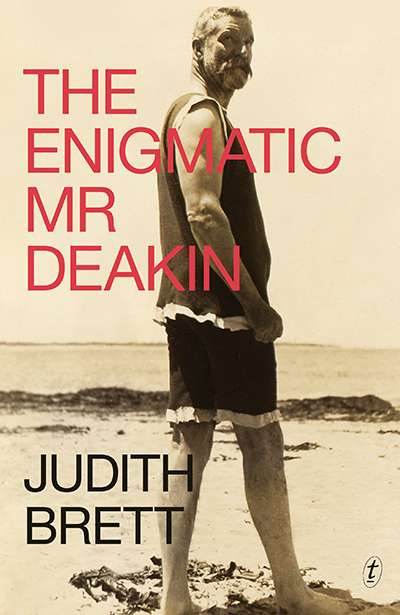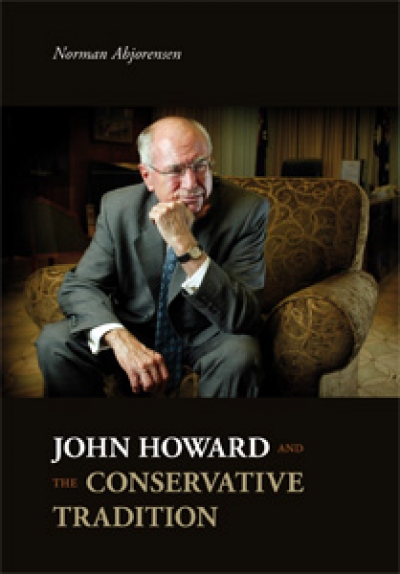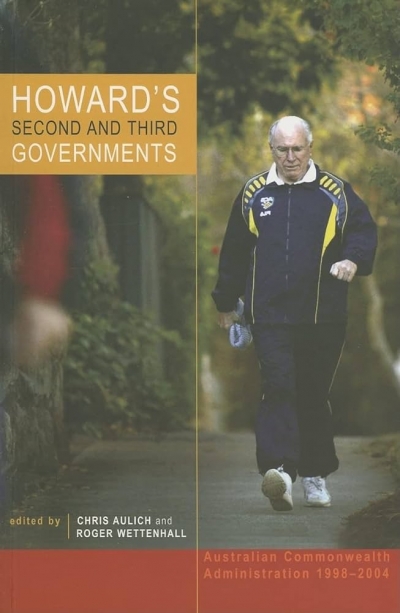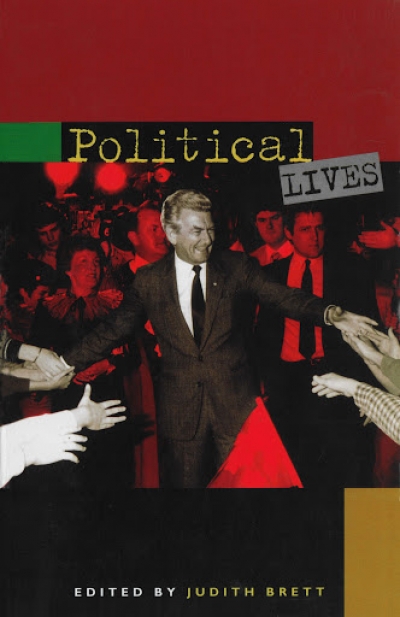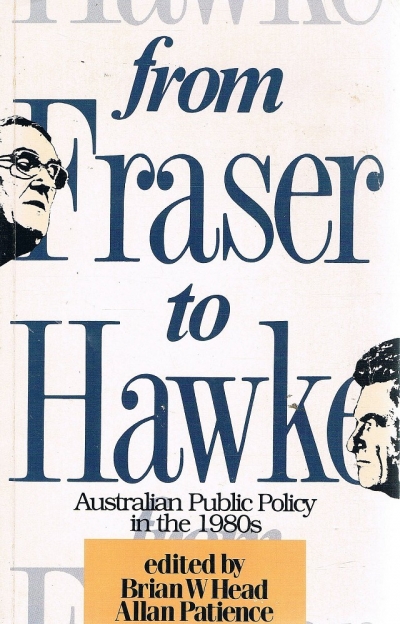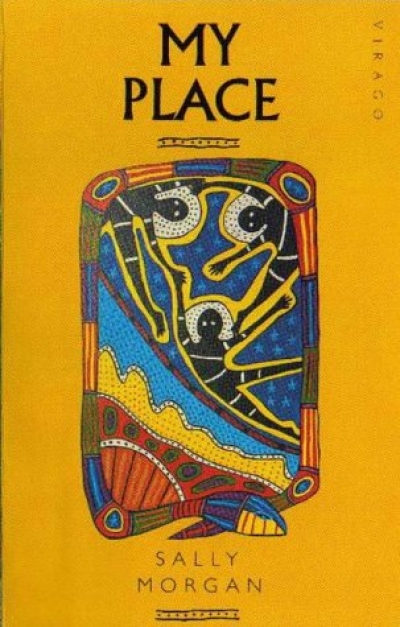Accessibility Tools
- Content scaling 100%
- Font size 100%
- Line height 100%
- Letter spacing 100%
Judith Brett
John Howard and the Conservative Tradition by Norman Abjorensen
Howard's Second and Third Governments: Australian Commonwealth Administration 1998–2004 edited by Chris Aulich and Roger Wettenhall
Donald Horne: critics and negotiators
The general idea of ‘public intellectual life’ is more useful than the particular idea of’ the public intellectual’. ‘Public intellectual life’ is a public manifestation of what I called in The Public Culture ‘the critics’ culture’ of a liberal-democratic state. (It is made possible by the belief in a questioning approach to existence as a central force in society.) However only parts of this critical activity emerge into the public culture; it is these parts that might be thought of as its ‘public intellectual life’. They provide a kind of public acclimatisation society for new ideas. All kinds of people may play a part in working up these ideas down there in the subterranean passages of the critics’ culture and others may take over the business of negotiating them into the public sphere. Many of these ‘negotiators’ are paid public performers in the news and entertainment industries. However some of the ‘critics’ also have a capacity to barge in directly – but only if they have a desire to appeal to people’s imaginations, and the talent to do so. These are the ‘public intellectuals’. Some of them may be one-offs. Some become regulars. They become influential if they articulate ideas that are already in the minds of some of ‘the public’ anyway, if in a more diffuse state. They get nowhere if they don’t. Two of my books, The Lucky Country and Death of the Lucky Country, were prime examples of appealing to interests of which readers were already becoming aware.
... (read more)
